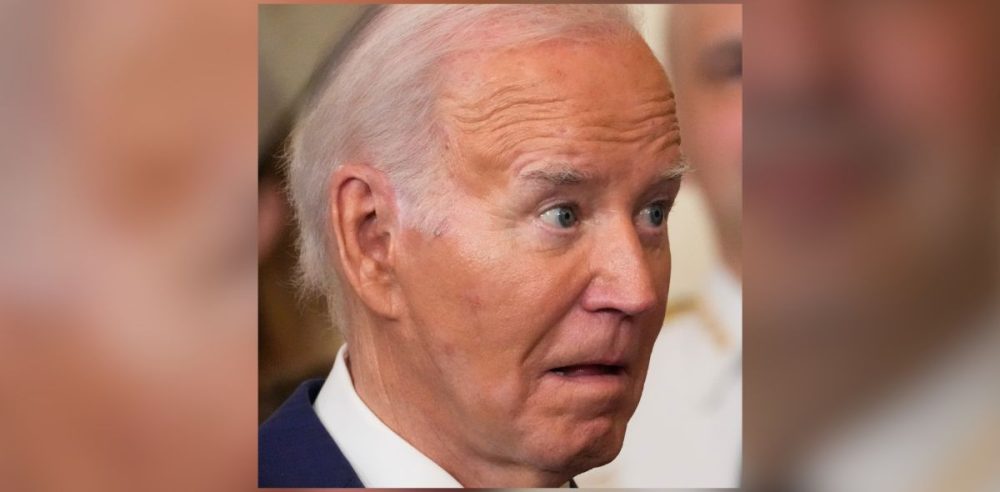Former USAID official Mark Moyar has raised concerns about the agency’s direction under the Biden administration, citing corruption, inefficiency, and political bias.
Moyar, who served at USAID between 2018 and 2019, told Fox News that systemic issues within the agency under Biden and then-director Samantha Power have worsened, leading to wasteful spending and a departure from its core mission.
“They were actually funding DEI events all over the world, you know, DEI comic books or DEI workshops and so I think this can only undermine our image abroad because most people outside of this country recognized DEI for the silliness that it is and the divisiveness that it causes,” Moyar told Fox News.
“We also saw this as well with women’s empowerment that everything for Samantha Power had to be viewed through a gendered lens,” he added.
“So you had all these gender consultants as well as DEI consultants taking huge amounts of taxpayer money to do this sort of analysis. And I don’t think they really have anything to show for it.”
Moyar also pointed to instances where significant funds were allocated without political appointees’ knowledge, suggesting a lack of oversight and transparency. Moyar asserts that such practices have continued under Biden’s leadership, further eroding the agency’s effectiveness.
Moyar’s key concern is the alleged politicization of USAID, which he claims has led to the misallocation of resources. He argues that the agency’s priorities have shifted away from its fundamental mission of providing effective foreign aid, instead aligning with ideological agendas that hinder its operational efficiency.
These criticisms have reignited debates about USAID’s effectiveness and the need for reform to curb alleged corruption and inefficiencies. Supporters of the administration argue that USAID remains committed to its mission, while critics like Moyar insist that stronger oversight is necessary to ensure the responsible use of taxpayer dollars.
Moyar’s remarks have added to ongoing discussions about USAID’s role in U.S. foreign policy and whether structural changes are needed to improve accountability and effectiveness.


